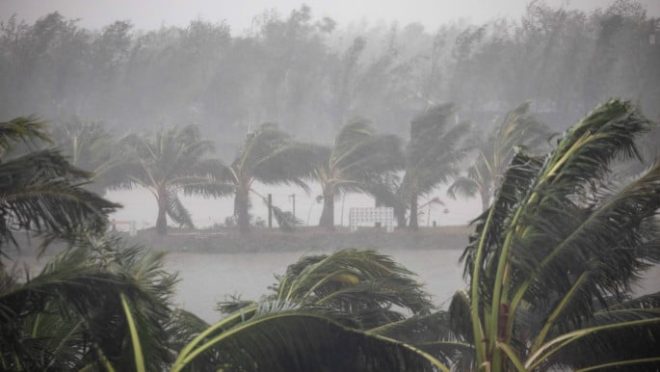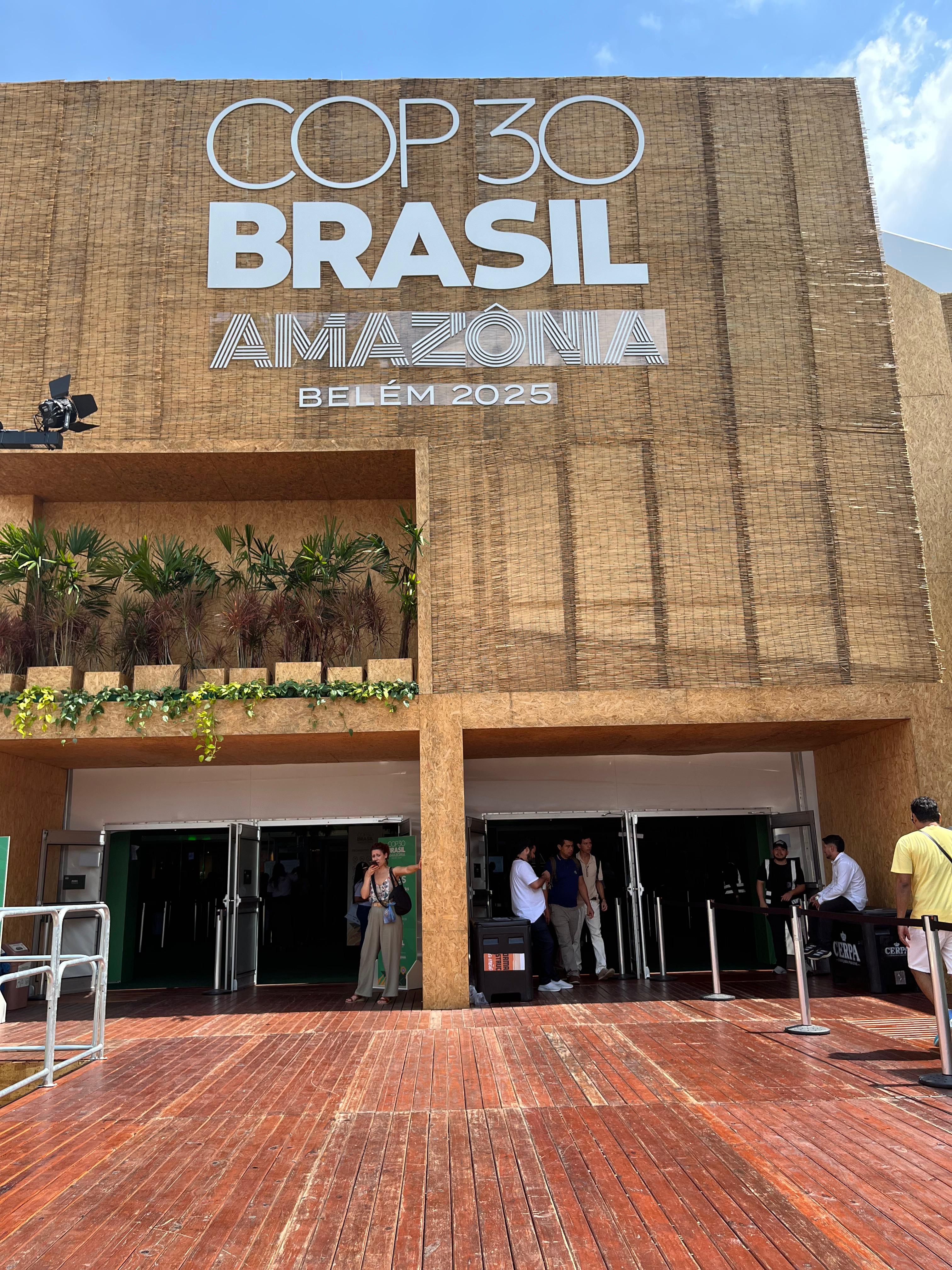18 years of uncounted loss: Why Sidr's anniversary makes the 'State of Loss and Damage Report' essential
18 years of uncounted loss: Why Sidr's anniversary makes the 'State of Loss and Damage Report' essential

Yesterday, November 15, 2025, marked 18 years since Cyclone Sidr struck my country of Bangladesh, killing thousands and causing an estimated $1.7 billion in damages. I am here in Belém, Brazil, at the COP30 negotiations, and I am witnessing a dangerous cognitive dissonance.
On one hand, there was a sense of relief on Day 1: the Loss and Damage Fund, a mechanism we fought for decades to create, is finally operational. It issued its first call for proposals, making $250 million available. On the other hand, that entire global fund wouldn’t even cover a fraction of the damage from that one single storm 18 years ago.
While negotiators here—from both vulnerable and developed countries—celebrate a symbolic victory, I spent yesterday—the anniversary of that disaster—reflecting on how it cost my country billions. This isn’t just a gap; it’s a canyon. And it’s at the center of the new, defining conflict I’m seeing at this COP.

The new fight is over a proposal, led by developing nations, to create an annual “State of Loss and Damage Report.” The idea is simple: let’s officially and scientifically quantify the full extent of climate-induced damage countries like mine are facing every year.
For Bangladesh, this report is essential. It’s our proof. It’s the ledger that shows the world that the river erosion I see isn’t a random event, that the salinity poisoning our rice paddies isn’t a coincidence. And yet, developed nations have “strong reservations.”
In the sterile, air-conditioned rooms of this summit, it feels like no one is considering “wearing the people’s “shoe”—seeing what this means on the ground. Instead, I can hear the panicked whispers. They are terrified that this report will become a “bill.” They are terrified of the words “liability” and “compensation.” They are, in effect, willing to offer a small fund for charity, but they are terrified to look at the full receipt for the damage they have caused.
They are afraid of numbers. For me, this is not about a number; it’s about a memory.
On that day in 2007, I was just a child in my village home in Mehendiganj, Barishal. I don’t have many clear memories of the storm itself, but I remember the fear. I remember my mom was afraid the whole night. Our entire family was sleepless. I remember our house was full because many people from the village took shelter with us, huddled together in the dark.
The next day, we learned why. When they went outside, they found their homes had simply been washed away or completely destroyed. Across the country, Cyclone Sidr destroyed over 560,000 houses just like theirs.
That fear, that night of sleeplessness, that total loss of a home- that is the “loss and damage” they are afraid to count.
This isn’t just history. When I work on the ground today, I see the farmer in a coastal village who has lost his land to river erosion. I see families who lost everything and must now move to slums, communities facing serious water crises, and coastal women who have to walk for miles just to find drinkable water. The current $250 million fund will never reach them. But the ‘State of Loss and Damage Report’ will, for the first time, count their loss as real, as valid, and as part of a global tally that can no longer be ignored.
This refusal to even measure the damage is a political strategy I see playing out right now. As long as our losses remain abstract, as long as they are just “stories of suffering” from a distant land, the $250 million can be spun as a success.
It’s a cynical two-step: First, they offer $250 million to a world that needs trillions. Next, they block the report that would prove the trillion-dollar need. It’s a clear attempt to delay the funding and deny the data.
We are not just fighting for a fund; we are fighting for a fund that is based on the reality of our losses, not on the political convenience of our polluters.
We are here in Belém to say: No more. We are not just victims in need of charity; we are creditors in a crisis we did not create. The “State of Loss and Damage Report” is not a weapon for assigning blame. It is a mirror for reflecting our reality.
My message to the negotiators blocking this report is simple: You cannot manage what you are afraid to measure. To deny us this report is to tell my community, my mother, and those families who took shelter in my home that their losses- their homes, their farms, their futures- are not worth counting.
We have won the fight for the fund. Now, we must win the fight to ensure our truth is counted.
The author is a youth representative at the ICCCAD & Climate Action Focal Lal Sabuj Society


